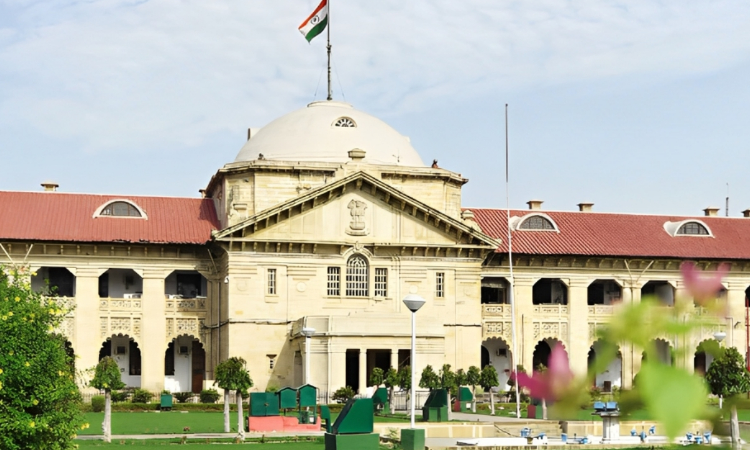No Retrospective Application Of A Prospective Compassionate Appointment Scheme: Allahabad High Court
Upasna Agrawal
14 Aug 2023 12:23 PM IST

Next Story
14 Aug 2023 12:23 PM IST
The Allahabad High Court has held that compassionate appointment cannot be granted to the deceased employee's family retrospectively, if no such scheme existed on the date of death of the employee. The Court has set aside the order of a Single Judge, whereby the Insurance Company was directed to consider the claim of deceased employee's wife, even when the employee expired prior to the...
